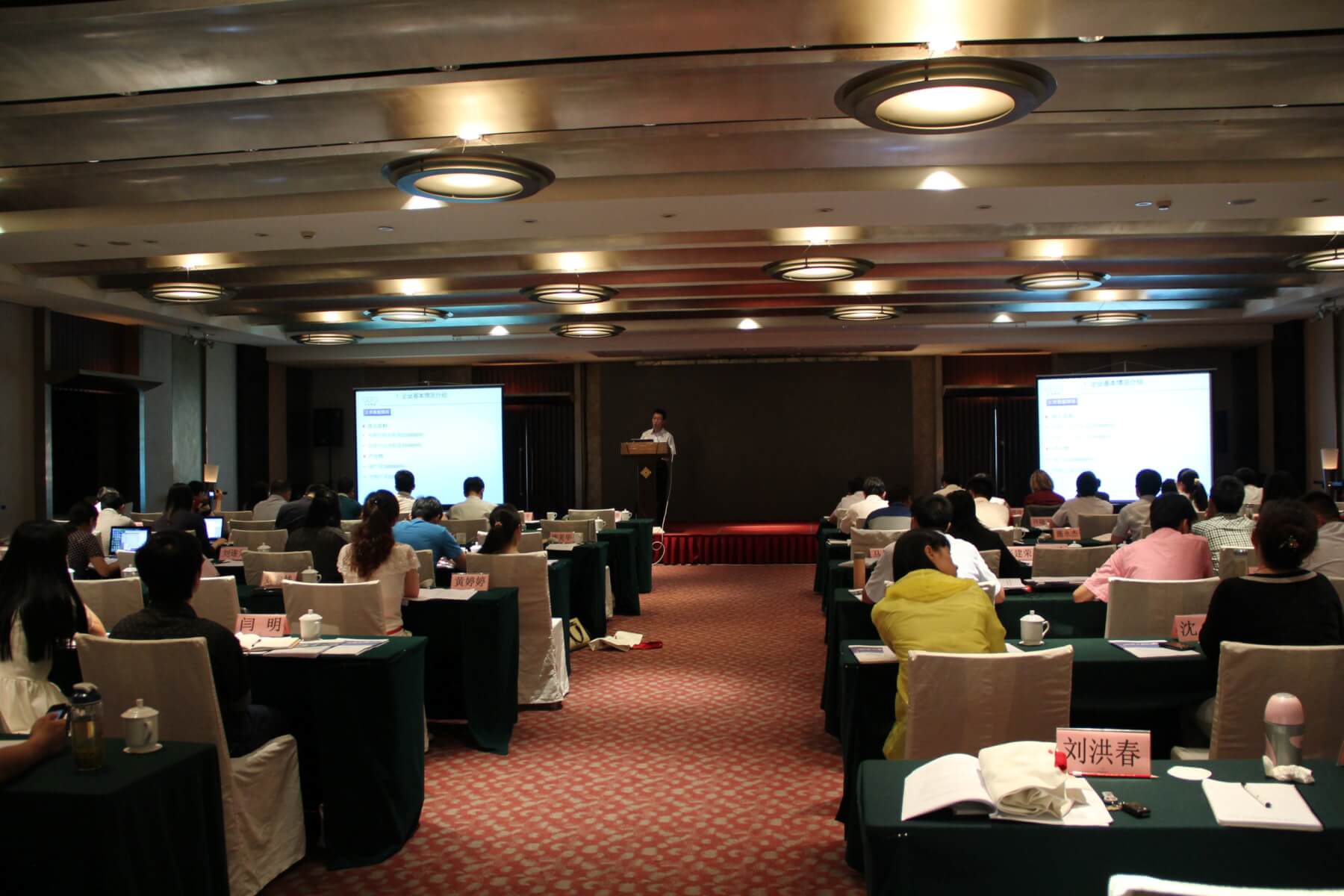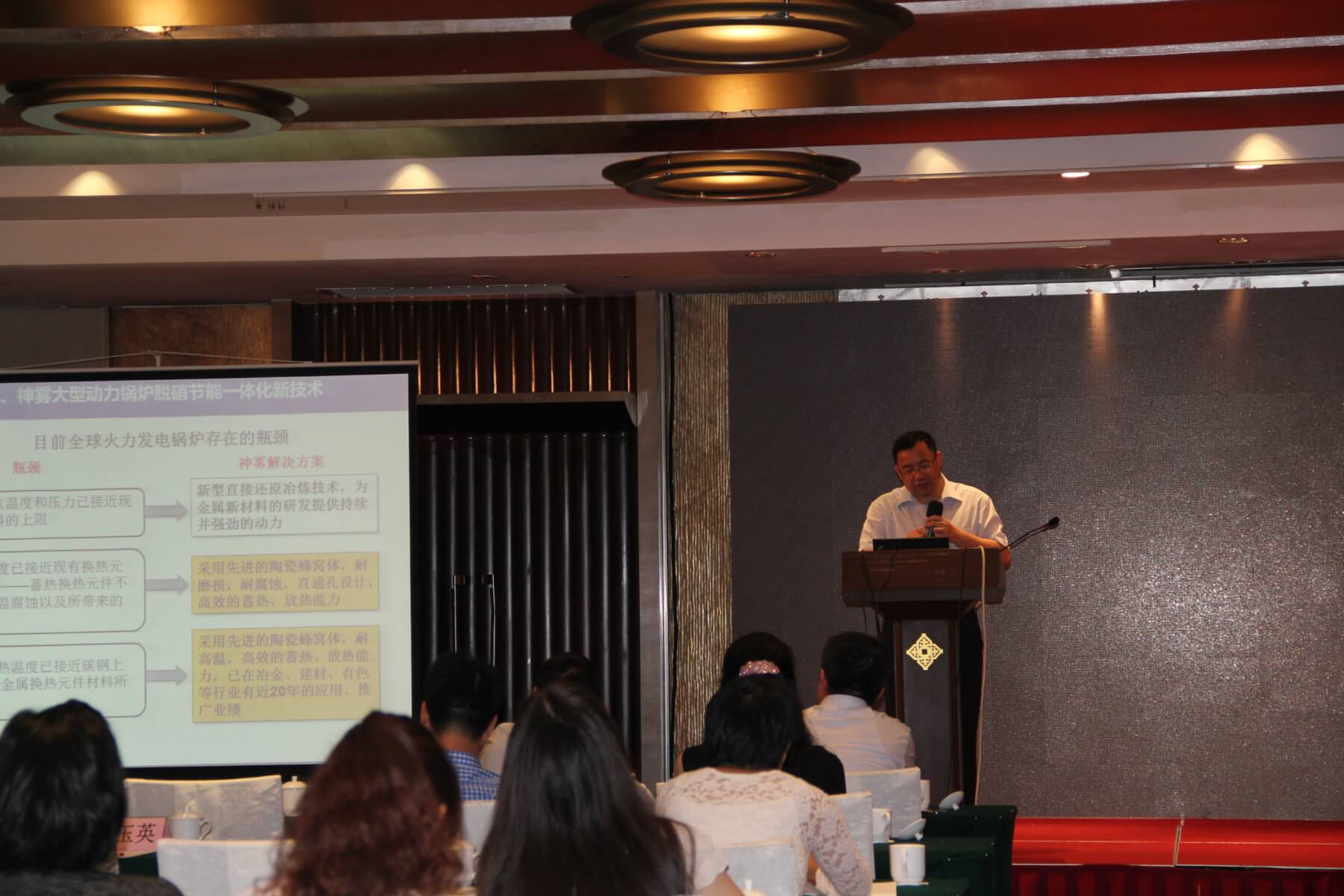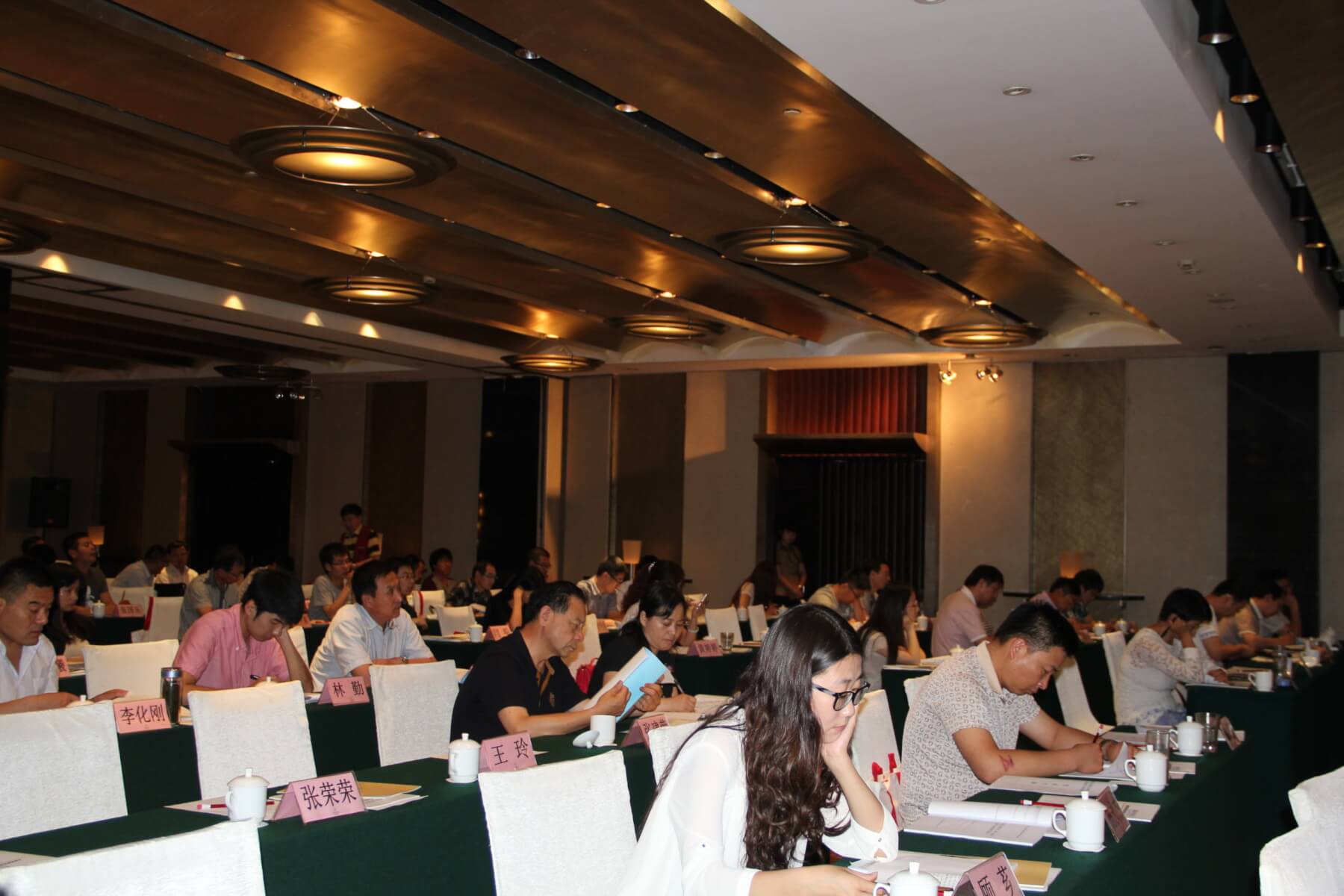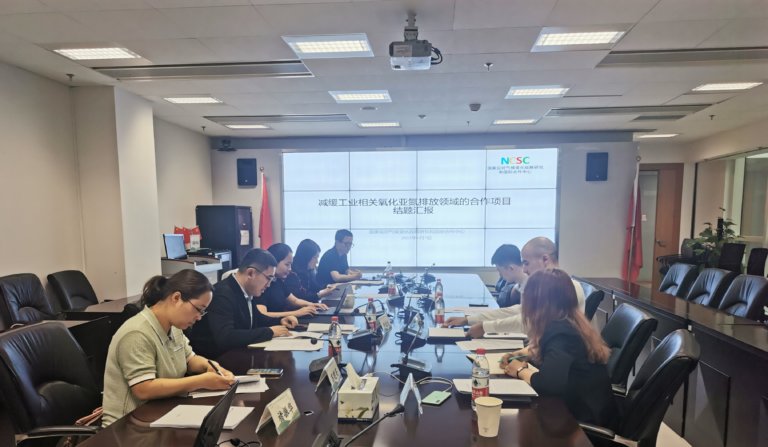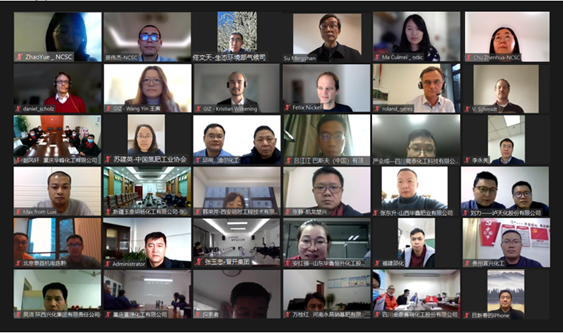18-19 June 2014 – To further establish a solid foundation for the national ETS, the NDRC has expanded mandatory requirements for GHG reporting amongst key enterprises nationwide starting this year. On the 18th-19th June, GIZ hosted the second training of a series of Training of Trainers on monitoring and reporting. This session focused on the iron & steel industry where 82 steel industry participants and local DRC officials joined the two day training in Changzhou. The training provided capacity building and technical support to the key steel enterprises in order to improve their professional literacy in the area of GHG reporting. These key enterprises were selected to act as role models and trainers for other enterprises in Jiangsu.
Climate change has become a key part of national strategies worldwide. Alongside economic development, China has also taken on the responsibility of controlling and reducing emissions. New policies and regulations regarding the carbon market, technology, standards and investments have become an essential part of recent policy making.
With regard to the characteristic that direct and indirect emissions are included in the Chinese reporting guidelines, the training provided comprehensive talks on the equations and calculation methods on how to individually calculate the emissions in their firms. In selected case studies, participants saw the theoretical methodologies in use. The training also provided a step by step preview of how to use the online reporting system, to ensure the understanding of the system among participants.
Topics on the second day included internal data management and low carbon technologies. Case studies were also presented to enhance participants’ understanding on the practical aspect. All presentations provided participants with innovative methods and technology in order to aid their transition into a GHG reporting role. However, more importantly, participants deepened their knowledge regarding the internal processes that will need to be adapted in order to ensure a smoother transition. These steps include building fundamental knowledge and data sources, establishing a “best practice” system to save time, then specifying the related processes & data and lastly to communicate it internally and have periodic checks on how to improve the process. Every enterprise may vary depending on their needs but a structured process is necessary to abide to the regulations.
In response to the training, participants have expressed their satisfaction regarding the relevancy of the workshop to their work, showing particular interest in further and extended trainings where topics of interest include low-carbon technology and the Jiangsu online platform. The reasoning behind the need for further information regarding the Jiangsu online platform is because it is the first non-pilot region to establish an online reporting system. All in all, the event was considered a great success, preparing participants to become the future trainers on GHG emissions reporting in China.
